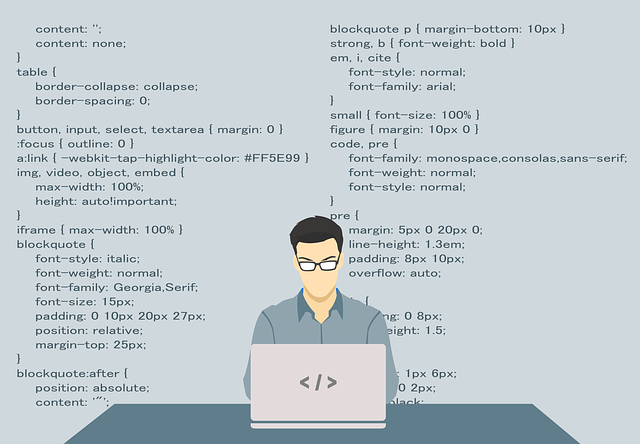If you’re a programming student and need to boost your skills fast, we have some tips for you. Check some simple recommendations on how to get good at the discipline now!

How to Get Good at Programming, Fast
If you want to learn programming at a sufficient level to get a job and tie your entire future career with this sphere of activity, it is not enough to complete the homework assignments you receive from your professors and lecturers. If you limit your education to these, you will leave yourself woefully unprepared for any real-life challenge you are likely to encounter. No, the programming being what it is –a constantly developing and progressing field of expertise with insane competition – you have to take the matters into your own hands and go above and beyond what is required of you by the college. So what exactly can you do to improve your chances?
When You Learn Something New, Do It
The fastest way to learn something is to do it. Therefore, when you learn something new, make sure you immediately supplement the theory with practice. Even if the topic seems easy, even primitive, you still have to create a personal project and implement the new knowledge in your own code. Otherwise, when you get an actual assignment related to this topic, you will find yourself confused and unable to remember the necessary function at the most crucial moment. Remember: you can only truly understand something if you practice it. There are no shortcuts.
Do not Stop at Reading the Sample Code
Textbooks and learning courses offer sample code to help you understand how a new piece of knowledge works. If you encounter it, do not stop at reading it. Feel free to tinker with it. Try to replicate it from scratch and see if you can actually do it. Change things about it and see what happens. Think about potential problems and look for solutions for them. Run it several times with different variations until you truly understand what does what.
Do not Be Ashamed to Ask for Help
While some languages, such as Python, can be mastered more or less on one’s own, many others (like C, C++, or Ruby) are less straightforward. Frankly speaking, even simpler languages are much faster and easier to master when you do it under the direction of mentors or use any other kind of assistance. This means that whenever you meet a significant obstacle, it may be the time to look for somebody more proficient to help you out. Fortunately, we live in a time when there is nothing difficult about finding experts with relevant skills. For example, if you have problems with C++, you simply have to look for a C++ assignment help agency online, and your search will probably return the necessary results in just a few minutes.
Check Our C++ Programming Question Bank for Interview.
Spend Extra Time on Fundamentals
When you just start a new course, it is extremely tempting to breeze through the opening chapters or lessons so that you can get to the real stuff as soon as possible. Everything in these initial stages just looks so obvious and primitive that you feel that you are doing yourself a disservice by spending even a single minute on it. Do not fall into this trap. Practice shows that those who skip over the fundamentals or do not pay sufficient attention to them are usually among the first to experience problems when getting to more advanced tasks. So do not let your pride dictate what you do, and dedicate a lot of practice to every topic, even if it seems a bit too easy for you right now.
Do at Least Some of Your Coding by Hand
Today, offering someone to code by hand may seem like an unfortunate joke, especially if we are talking about members of younger generations, who probably learned to use gadgets earlier than they learned to talk. However, while this practice may look like a ridiculous throwback to the dark ages of computer science, learning to code by hand on paper or a whiteboard is an indispensable skill. Firstly, it is a completely different experience from coding on a screen. You cannot run your code halfway through to see if you have done everything correctly. You have to perceive the program as a whole and teach yourself how to notice potential mistakes and other flaws. It teaches you discipline and attentiveness that is simply unattainable when you always code on your PC. Of course, it is significantly more time-consuming than coding on screen, but it will quickly bring you the necessary benefits and speed up your work. What is even more important, you will most likely have to code by hand during college exams and job interviews. So, if you do not want it to become a nasty surprise, better start learning this early on.
Learning programming is not easy; learning it fast is not easy at all. These practices can speed up the process; comment if you have any approaches that were helpful in your case!
